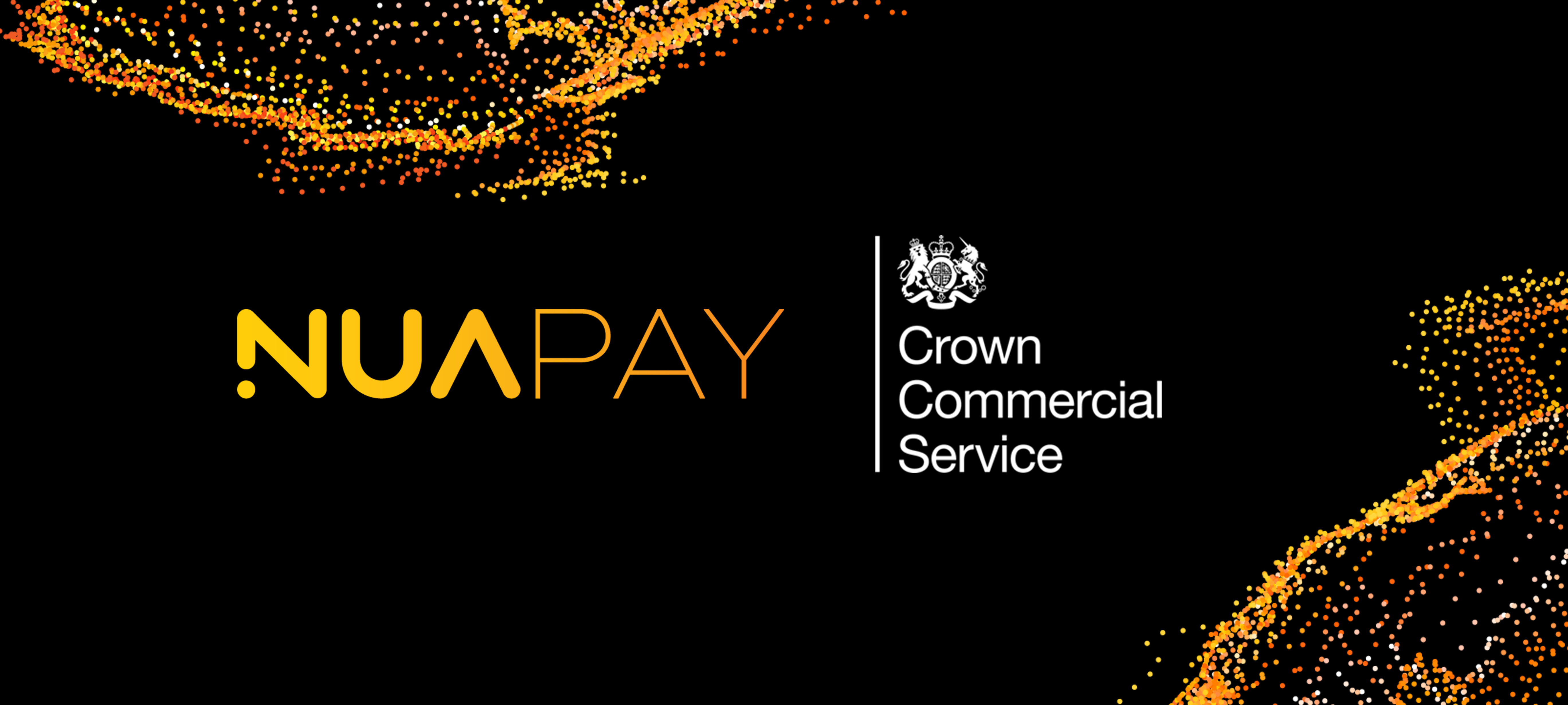- Security flaws: More than one in ten consumers surveyed (12%) claim they have suffered an unauthorised debit/credit card payment in the last six months alone
- Lacking trust: 49% of consumers surveyed who have ever purchased goods and services online rarely or never agree to save their payment card details with retailers / merchants for easier checkout in the future when available due to concerns about security or privacy
- Invisible risk: 42% of respondents who have a debit or credit card are concerned about germs/viruses living on their cards
New data from Account-to-Account payments pioneer Nuapay, powered by Sentenial, has uncovered apparent vulnerabilities surrounding payment cards, leading to unnecessary risk of fraud and mounting consumer distrust.
The research, conducted in September this year, reveals that more than one in ten (12%) of the UK consumers surveyed who have a debit or credit card claim to have had a payment made from their debit or credit card without their permission in the last 6 months alone.
The survey also shows a significant lack of trust among UK consumers when it comes to making payments using cards:
- 58% of consumers say that security, e.g. ensuring the transaction and payment information aren’t compromised, is their biggest concern when making a payment online
- Equally, 49% of consumers surveyed who have ever purchased goods and services online rarely or never agree to save their payment card details with retailers and stores for easier check out in the future when available. Of those surveyed who have ever purchased goods and services online and don’t always agree to save their payment card details with retailers and stores, 57% cited security concerns as their reason for this, while 47% cited privacy concerns e.g. ensuring their personal details aren’t shared. Furthermore, just under a third (32%) of these individuals cited trust of merchant e.g. concerned the merchant will make an unauthorised transaction as the reason for not always agreeing to save their payment card details.
In more bad news for online retailers, more than a third (36%) of UK consumers have concerns about a specific online retailers’ security that it prevented them from purchasing goods or services from them.
Security around in-store card payments is however, generally less of a worry for shoppers:
- Consumers consistently prioritised ease of use, which over 2 in 5 (44%) said was the most important factor when choosing how to pay in-store. By comparison, only 37% cited security as the most important factor.
- In addition, of the customers surveyed who say they never use their smartphone to make contactless payments when in store, over half of these respondents (54%) cited that this is due to security ** with regards to their phone.
- Compounding the challenges for payment card providers in the current climate, 42% of those surveyed who have a credit or debit card are concerned* about germs or viruses living on their credit/debit cards.
Collectively, the data suggests that traditional payment methods like debit and credit card are no longer suitable for consumers. By comparison, Open Banking payments are more secure and convenient, giving consumers more control and peace of mind.
Nick Raper, Head of Nuapay UK, comments: “Although the security risks of payment cards were not unknown within the industry, the research has revealed the scale of the problem with card payments today. 10% of Brits say they have had a payment made from their debit/credit card without their permission in the last six months – this is simply unacceptable. Although it’s good that people are aware of the risk, this palpable lack of trust further demonstrates that card payments have their failings and consumers deserve better choice. The days of people paying online with a 16-digit number embossed on a piece of plastic should now be dead as superior technology, that is both more secure and more convenient than cards, namely open banking, provides consumers an alternative.”
The news comes following recent updates from Visa, Mastercard and American Express to their 3D Secure (3DS) processes (Verified by Visa, Mastercard Secure Code and AmEx SafeKey respectively), which are additional security protocols intended to reduce fraudulent payments. For consumers that have been using 3DS, the process is long-winded and onerous, with almost one in six (16%) saying that their perception of 3DS security solutions is that it is painful and annoying and puts them off making card payments, and a further 43% stating that it ‘adds complexity/takes time but is necessary for security’.
At the same time, the card schemes are imposing additional fees on acquirers and merchants to carry out the SCA authentication via 3DS, increasing the cost of processing cards for merchants.
Mr Raper added “Card scheme fees have been increasing fast over the last few years, and for the schemes to levy an additional fee on merchants just to enable the payer to authenticate their payment just doesn’t stack up. What’s more, when a payment can be made directly from one account to another via open banking payments, there is limited basis for payment cards to be used by merchants online.”
The data can be viewed in the first chapter of Nuapay’s latest Open Banking World Series report, here: https://www.nuapay.com/wp-content/uploads/2020/10/Open-Banking-Report-2nd-Edition.pdf





